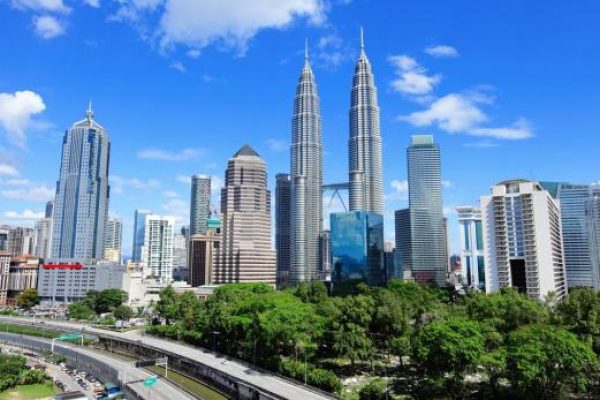Kuala Lumpur | 31 January 2021
Press Statement by Wan Hamidi Hamid, Adviser, Research for Social Advancement (REFSA)
An Elected Kuala Lumpur ‘State Government’
I would like to express support for Wilayah Persekutuan Kuala Lumpur’s Pakatan Harapan Members of Parliament’s statement proposing for a Kuala Lumpur 2024 Bipartisan Committee. This idea is a good place to start the conversation about our capital city’s future.
While we must continue to fight the Covid-19 pandemic, we should not allow ourselves to be deluded with the idea that “government knows everything”. As voters we must know our rights, and we must prepare to rebuild our nation, and this includes rethinking the future of Kuala Lumpur.
Kuala Lumpur was made a territory directly ruled by the Federal Government on 1 February 1974. As it reaches its 50th year in 2024, Kuala Lumpur needs a new vision.
REFSA has been advocating a state government for Kuala Lumpur for more than half a decade, including organising a public forum on 1 February 2015, ‘Beyond Local Government: Making Kuala Lumpur a State’.
Why do we need this very important change? With disastrous urban planning outcome caused by the interventions by former Federal Territory Minister Tengku Adnan Mansor who has been convicted of graft by court, it is high time we review the existence of the Federal Territory Ministry.
Furthermore, the ministry is not directly accountable to the people of Kuala Lumpur who should have their right to choose the government that serves them. The real power in charge of Kuala Lumpur is Putrajaya.
Can the people of Kuala Lumpur actually elect their own government, just like the Malaysian voters in other states choose their respective state governments?
In Washington DC, the capital city of the USA, New Delhi, India and Canberra, Australia – the city governments are fully elected despite being national capitals. The Australian Capital Territory (ACT) Government and New Delhi Government are state-government equivalents. Both countries, like Malaysia, are members of the Commonwealth.
Our neighbouring ASEAN countries too have elected capital city governments. Jakarta, Bangkok and Manila have their capitals’ governors and assemblies elected by the people.
Kuala Lumpur deserves to be a ‘state government’. Currently, Dewan Bandaraya Kuala Lumpur (DBKL) runs a budget that is the highest among all the state governments in Peninsula Malaysia, with RM2.97 billion last year and RM2.65 billion allocated for this year. In terms of population, with 1.78 million people in 2019, Kuala Lumpur is larger than the states of Perlis, Melaka, Negeri Sembilan and Terengganu.
For those who argue that Kuala Lumpur does not have enough Malay population, the fact is that the Malay/Bumiputera population makes up a large proportion of Kuala Lumpur’s population – 47.5% – compared to other groups.
W.P Kuala Lumpur Population Estimation in 2019[1]
| Year | Bumiputera (%) | Chinese (%) | Indian (%) | Total |
| 2019 | 788.7 thousand people (47.5%) | 683.4 thousand people (41.1%) | 168.2 thousand people (10.1%) | 1.78 million people |
Currently, the interests of all groups in Kuala Lumpur are not being represented as there is no accountable government at the ‘state’ and local levels.
In place of the unaccountable rule by Federal Territory Ministry, the DBKL should be upgraded to an elected Westminster-style ‘State Government’. This government can have 40 elected Members, and from among the Members a Chief Minister is elected, just like those in Canberra and New Delhi.
This ‘State Government’ of Kuala Lumpur will have the status and power to manage and grow the most important city of Malaysia based on the wishes of the voters.
Whether the Federal Government is Perikatan Nasional or Pakatan Harapan, it should consider the PH MPs’ proposal seriously for the betterment of the capital city as well as the wellbeing of city folks, especially for the coming post-Covid-19 scenario.
Wan Hamidi Hamid
[For Press Statement in Bahasa Malaysia click here, in Chinese click here]
[1] Department of Statistics Malaysia Official Portal (dosm.gov.my)

